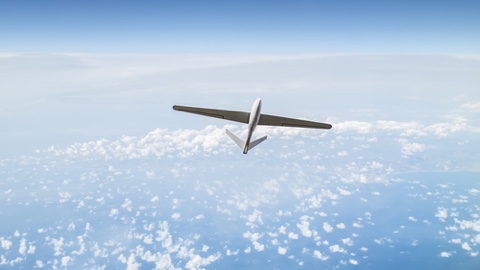
The US Coast Guard (USCG) plans to release a request for proposals within the next three to six weeks for small Unmanned Aerial Vehicle (UAV) services, with a maximum award of no more than $300 million. The award will be granted sometime during the third quarter of fiscal year of 2018. Detailed requirements have not been formalized to date, but the USCG is looking for economically-priced air vehicles that can remain airborne for at least twelve hours per day. They should also have the size, weight and power to operate an electro-optical/infrared sensor, aeronautical transponder, VHF/UHF communications relay, and a non-visible infrared marker.
The award follows on the Coast Guard’s successful capture of 25 tons of cocaine with a street value of $2.1 billion, last year. The Boeing Insitu ScanEagle – a small, long-endurance, low-altitude UAV built by Insitu, a subsidiary of Boeing, was used for reconnaissance in the mission. ScanEagle missions have included intelligence, surveillance and reconnaissance (ISR); special services operations; escort operations; sea-lane and convoy protection; protection of high-value and secure installations; and high-speed wireless voice, video and data communications relay.
